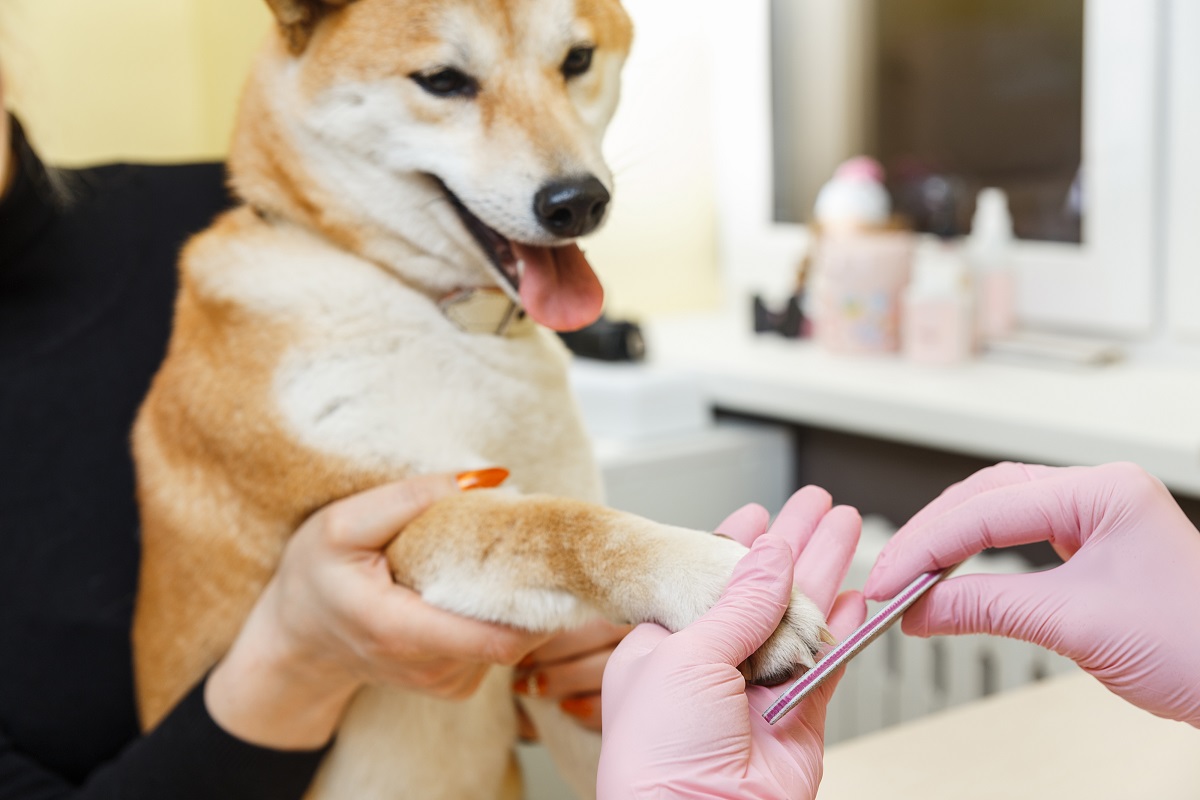- Regular brushing and bathing of pets are essential for their health, hygiene, and happiness.
- Grooming practices such as nail trimming and paw care should be incorporated into pet care routines.
- Ear cleaning and dental hygiene are essential in preventing pet infections and bad breath.
- Maintaining a balanced diet that suits the pet’s breed, age, and lifestyle will provide the necessary nutrients to maintain good health.
- Exercise is vital for maintaining a healthy weight, boosting mood, and improving physical and mental health.
Pets are more than just animals; they are a necessary part of families. As pet owners, you want the best for your furry friends. One of the most essential aspects of pet care is maintaining their health and cleanliness. Keeping your pet healthy and clean will keep them happy and reduce the likelihood of infections and diseases.
As humans, you already know the importance of good hygiene; the same goes for furry friends. Poor hygiene can cause various health problems, such as fleas, ticks, skin irritations and infections, bad breath, and dental issues.
Proper pet hygiene practices are essential in promoting good health and preventing diseases. Keeping them clean and healthy will also ensure they smell good and look their best.
Whether you’re a new or experienced pet owner, this blog will provide essential tips to ensure your pets remain clean, healthy, and happy.
Regular Pet Grooming Practices
Regular pet grooming is not just a cosmetic practice but an essential aspect of pet care. Grooming into your pet’s routine improves overall health, hygiene, and happiness. Here are some regular grooming tips to ensure your pet stays healthy, comfortable, and radiant.
Brushing Your Pet’s Coat
Brushing your pet’s coat regularly helps prevent matting and tangling of their hair, removes dirt and debris, and spreads natural oils throughout their coat, promoting a healthy and shiny look. Daily brushing is recommended for pets with long hair, while pets with shorter hair can be brushed at least once a week.
Bathing Frequency and Techniques
Bathing your pet is essential in preventing skin infections, removing dirt, and controlling shedding. The frequency of bathing depends on your pet’s breed, lifestyle, and coat type, but generally, it is recommended to bathe your pet once every three months.
When bathing your pet, use a mild pet shampoo, rinse well with warm water, and dry your pet thoroughly to avoid skin irritation.
Nail Trimming and Paw Care

Trimming your pet’s nails regularly is essential in preventing them from growing too long and cracking, which can lead to pain and infection. Additionally, taking care of your pet’s paw pads by keeping them moisturized and clean can help prevent injuries and illnesses.
Ear Cleaning and Dental Hygiene
Maintaining clean ears and teeth in your pet can help to prevent infections and bad breath. Cleaning your pet’s ears once a week with a cotton ball and an ear-cleaning solution can help prevent ear infections.
Maintaining dental hygiene for your pet is crucial for their overall well-being. It is recommended to brush their teeth daily using pet-friendly toothpaste and feed them dental chews or some toys to keep their teeth, gums, and breath healthy.
Maintaining a Healthy Diet
A balanced and nutritious diet is essential for maintaining your pet’s health and preventing diseases.
Feeding your pet a balanced and nutritious diet gives them the necessary nutrients to maintain good health and energy levels. A healthy diet helps maintain their coat’s health, control weight, and prevent diseases.
Suitable Food Choices for Different Pets
Different pets have different dietary needs, so choosing the right food for your pet is essential based on their breed, age, and lifestyle. If unsure, consult a veterinarian to ensure you feed your pet the right type and amount of food.
Portion Control and Feeding Schedules
Portion control is crucial in maintaining your pet’s weight and preventing obesity and other health problems. Furthermore, it’s recommended that your pet receives their meals twice a day to reduce the likelihood of overeating.
The Role of Water in Pet Health
Providing your pet with fresh water is essential in keeping them hydrated, preventing kidney problems, and maintaining healthy bodily functions. Ensure your pet has access to clean water at all times, and check the water dish regularly to ensure it’s clean and complete.
Exercise and Physical Activity
Just like humans, regular exercise is crucial for pets. Exercise can help maintain a healthy weight, boost their mood, improve their physical and mental health, and enhance their overall quality of life. It’s also a fantastic way to bond with your pet and have fun together.
Although the amount of exercise your pet needs depends on various factors such as age, breed, and health condition, most pets require at least 30 minutes to an hour of physical activity daily.
Benefits of Regular Exercise for Pets
Regular exercise can have numerous benefits for pets. Firstly, it can help manage weight and prevent obesity-related health issues.
Secondly, physical activity releases endorphins that enhance your pet’s mood and can help reduce stress and anxiety.
It can also improve their cardiovascular health, strengthen their immune system and muscles, and keep them mentally engaged and stimulated.
Suitable Exercise Routines for Different Animals
Every pet is unique, so it’s essential to tailor exercise routines to fit their needs. For example, while dogs need more structured exercises like walks, runs, or obstacle courses, cats enjoy playing with toy mice or laser pointers.
Rabbits, rodents, and other small animals also need exercise and can benefit from running in a wheel or playing in a maze. Consult with your veterinarian to determine your pet’s suitable activities and frequency.
Incorporating Playtime and Interactive Toys
Playtime is an opportunity to bond with your pet and a crucial aspect of their physical and mental health. Toys can provide pets with stimulation and enjoyment, especially when you’re not around.
There are numerous interactive toys in the market, from puzzles that reward treats to balls that light up and make sounds. Keeping your pet engaged and stimulated can help prevent destructive behaviors like chewing and scratching.
Outdoor Activities and Leash Training

Outdoor activities can provide fantastic opportunities for your pet to explore new environments, encounter new smells, and burn off excess energy. However, ensuring your pet’s safety is essential by keeping them on a leash or in a secure outdoor enclosure.
Also, ensure they’re up-to-date with vaccinations and have a name tag with their contact details in case they get lost.
In conclusion, maintaining your pet’s health and cleanliness is crucial in ensuring they live a long, happy, and healthy life. Proper grooming practices, a balanced and nutritious diet, and adequate hydration are vital elements in maintaining your pet’s health.
Remember to consult your veterinarian if you have concerns about your pet’s health and well-being. With these essential tips, you’ll keep your pet positively clean and make sure they feel loved and appreciated as part of your family.





